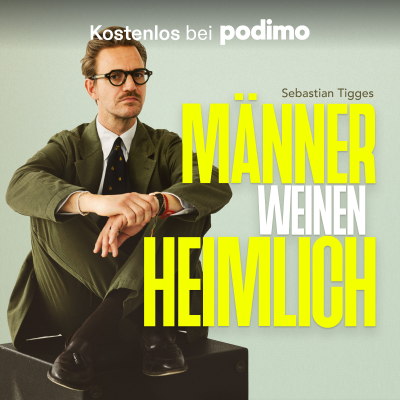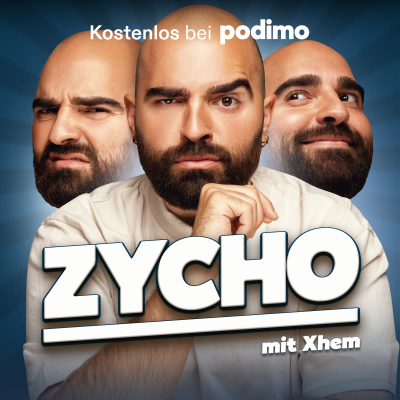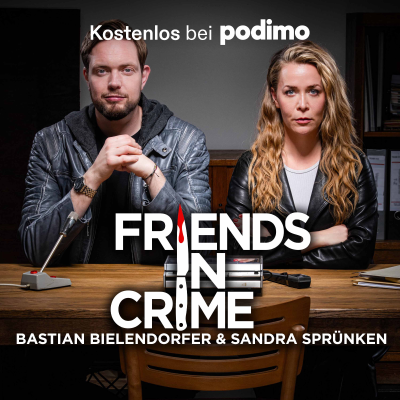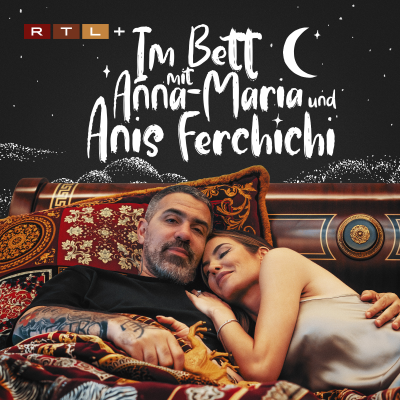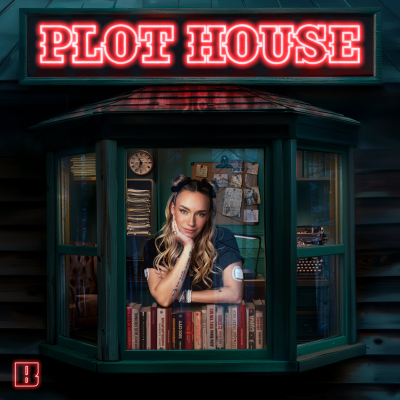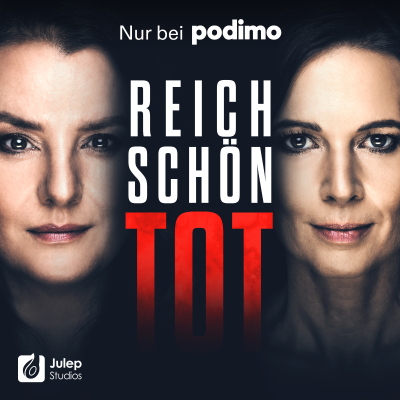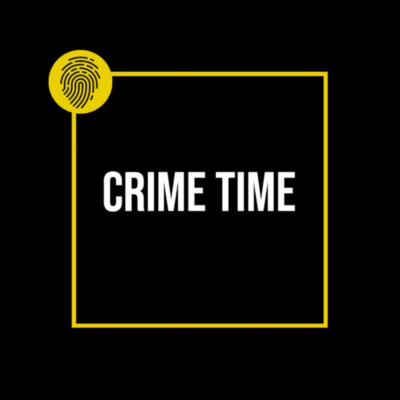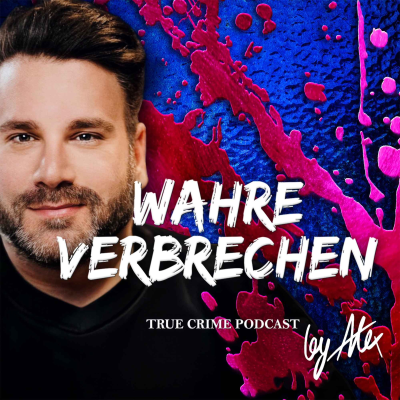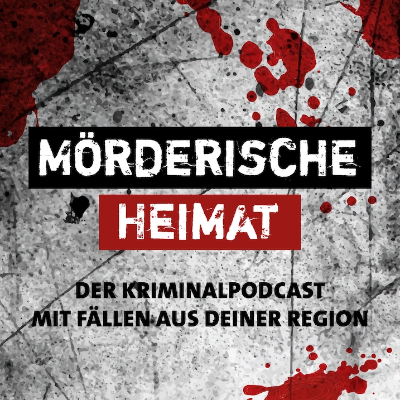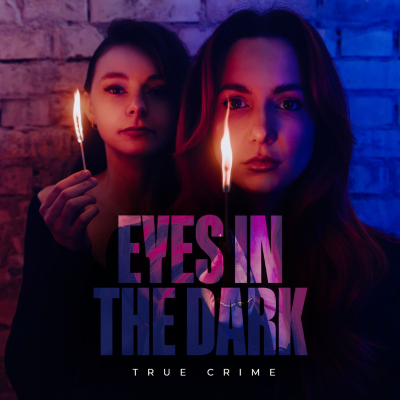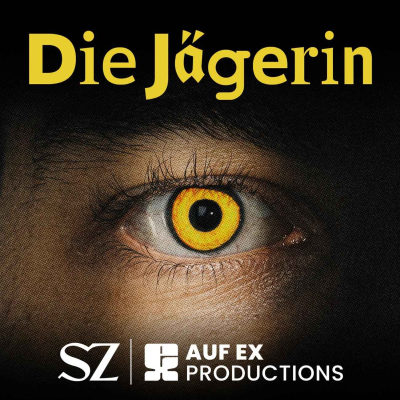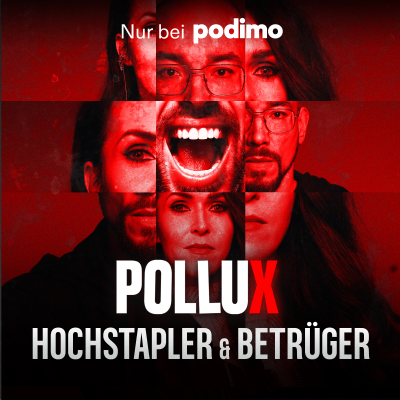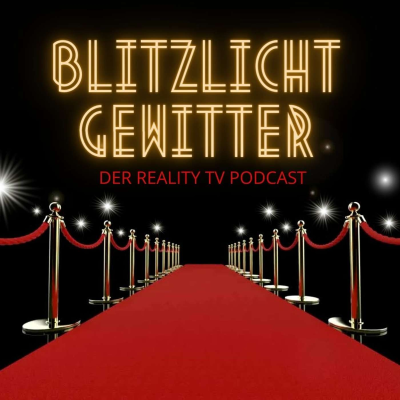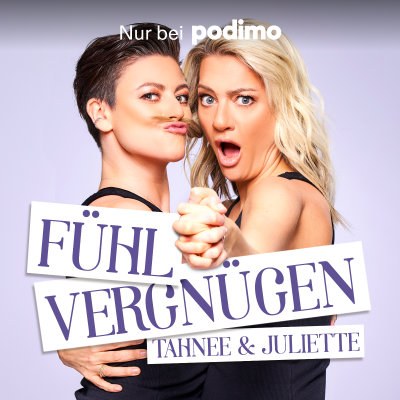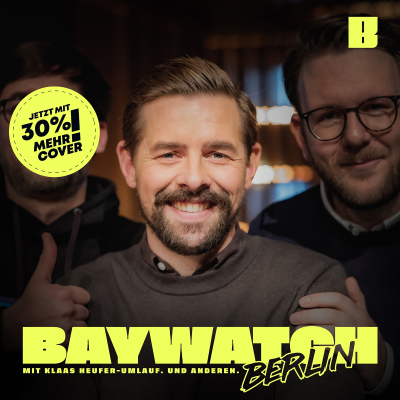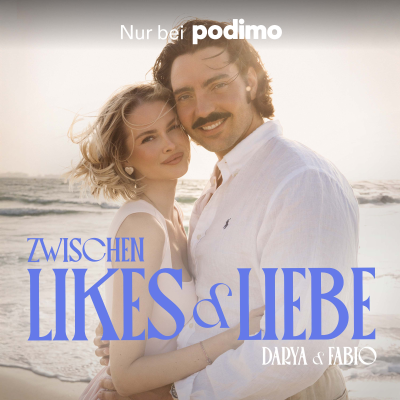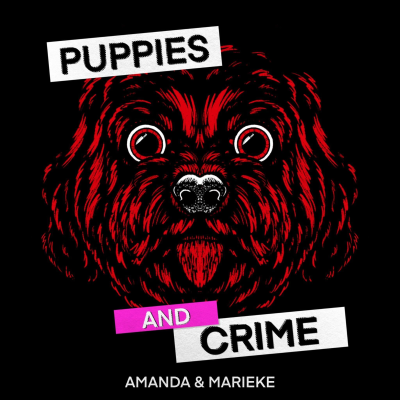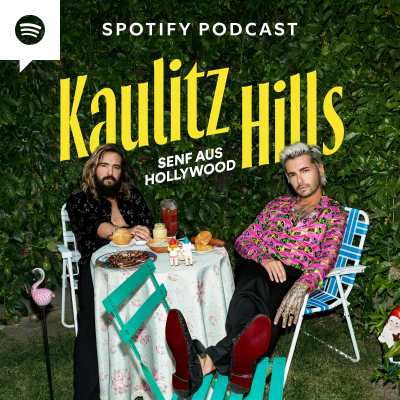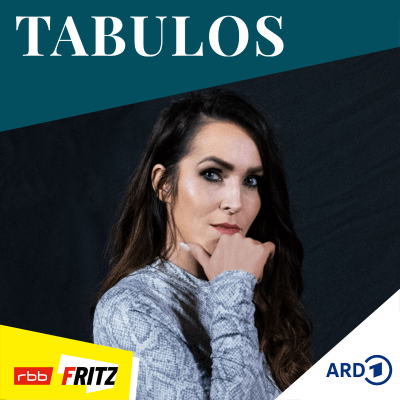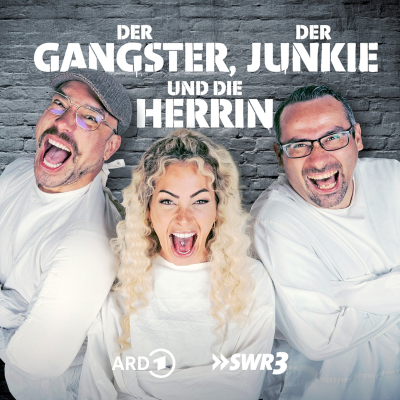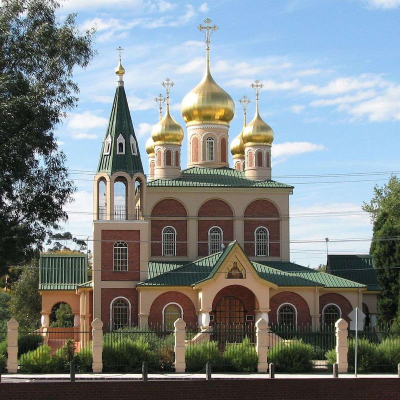
POKROV Russian Orthodox Church Melbourne
Podcast von Fr Nicholas Karipoff
Nimm diesen Podcast mit
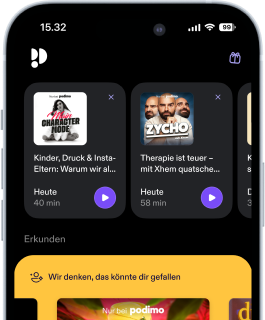
Mehr als 1 Million Hörer*innen
Du wirst Podimo lieben und damit bist du nicht allein
Mit 4,7 Sternen im App Store bewertet
Alle Folgen
23 FolgenIn today’s modern age, it has become a habit to use the terms ‘person’ and ‘individual’ as though they were synonyms, often using them indifferently to express the same thing, however, these two terms have opposite meaning. What this session will explore is the difference between these two terms, and how the goal of our life is a mode of existence and a reflection of the inner life of the Trinity. A relationship and communion, not only with God, but also with our neighbour, that calls us to transcend our human nature as we to strive towards personhood through and in Jesus Christ. Support the show [https://www.buzzsprout.com/1280171/support]
Christ is very clear about the connection of His Cross to our personal cross as an acceptance of the journey up the mountain of Transfiguration. Christian asceticism is not about one’s efforts to become a ‘better person’, but about the synergy of transformation of our humanity with Christ in the life of the Church. The holy fathers emphasise the labours necessary to achieve some measure of humility to learn from the meekness and humility of Christ. By striving to live in that spirit we become witnesses to the Truth – the Lord Jesus Christ. We should be ready to give an account of our faith or may even be called to serve the Word of God in one of the ministries of the Church. Support the show [https://www.buzzsprout.com/1280171/support]
One of the greatest struggles facing Orthodox Christians today is in understanding how the Church and the World relate, and how we are meant to live as Orthodox Christians in a world that is becoming increasingly hostile to (especially traditional) Christianity. In this session, we will be looking at how the Church has related to the world both when society at large has been Christian, as well as in societies hostile to Christianity. We will especially seek to understand how science and faith can interrelate and complement each other. Finally, we will explore the ways in which we can be a “light on a hill,” sharing our Christian faith with others in both words and especially deeds. Support the show [https://www.buzzsprout.com/1280171/support]
The life of the Church is not confined to the ‘academic’ realm of dogmatic theology. Orthodoxy translated means “right worship” – which ultimately means that Orthodoxy is a way of life focused on worshipping God in a manner pleasing to Him, as opposed to having the most advanced understanding of dogmatic theology. This right worship takes place in the services of the Church which have ancient roots back to the earliest Christians and the cycle of services that would take place in the Temple and Synagogues. In this session, we will explore the cycles of Orthodox Services, focusing particularly on the Vigil and the Liturgy. We will then delve into the yearly cycles of fasts and feasts in Orthodoxy, before briefly looking into the meaning and structure of the marriage service in the Orthodox Church. Support the show [https://www.buzzsprout.com/1280171/support]
Orthodox theology regards the sacraments as sacred actions through which the encounter between God and the human person takes place. In them our union with God, in so far as it is possible in this earthly life, is realised. What this session will focus on is a brief overview of the main sacraments of the Orthodox church, also known as mysteries, with particular focus on Baptism and the Eucharist. We will delve into how the sacraments are not only spiritual, but also a bodily communion, as the human person enters the divine mystery with their whole being, their soul and body become immersed in God. We enter into these mysteries not as individuals, but as a collectivity of people in the pursuit of true existence. Support the show [https://www.buzzsprout.com/1280171/support]
